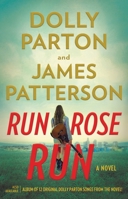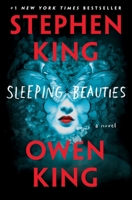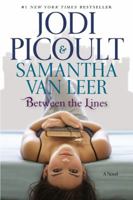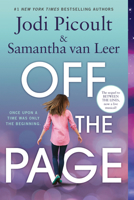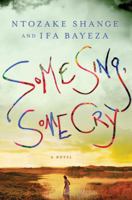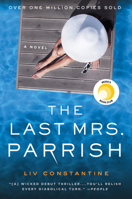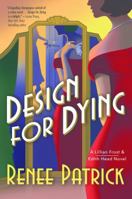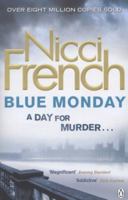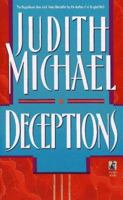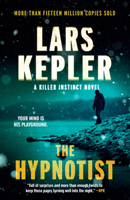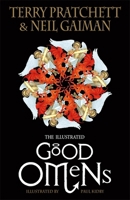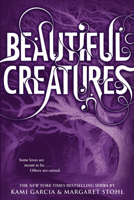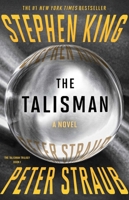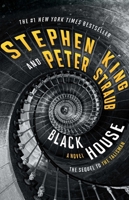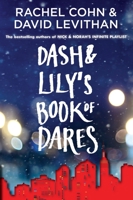Homeschooling in a Pinch
Some Essential Guides for Home Learning Success (Even if it’s not by Choice)
By Ashly Moore Sheldon • August 05, 2020
When Times Call for Desperate Measures
It may not have been your choice, but homeschooling is a reality that many of us are facing right now. With a large number of educational facilities remaining closed this fall, families are looking at options for keeping their kids on track.
Sure, there will be remote learning programs offered from local schools, but last spring showed us that many (most?) kids need more structure and support than they received online so parents are searching for solutions. Some are working to coordinate cooperative micro-schools in their communities, while others are planning to keep it all in the family. Whatever your plan, we're hoping something here will help.
Homeschooling for Dummies by Jennifer Kaufeld offers a friendly, well-informed guide with topics including: different learning styles and special needs, curriculum development, social opportunities, state and federal regulations, standardized tests, and networking strategies.
The Basics
Getting started may feel overwhelming. Here are some tools to help you find the right mindset as you develop your plan.
The A+ Homeschool Planner
This book offers an all-in-one teaching companion to help you figure out and keep track of what homeschooling looks like for you. Suitable to a variety of planning preferences, this guide will help you manage lesson plans for up to 6 children. It could be perfect for a neighborhood micro-school.
How Children Learn
First published in 1967, this classic offers profound insight into the nature of early learning. John Holt was the first to make clear that, for small children, "learning is as natural as breathing." Developing a better understanding of how to connect the dots for young learners helps with all aspects of parenting.
Home Learning Year by Year
Confused about what you should teach, and when? Homeschooling expert Rebecca Rupp presents structured plans from preschool through high school, providing detailed guides for each level of learning.
Some Specialized Approaches
A lot of the mainstream homeschooling guides we came across are designed for families who have chosen this path. Obviously, not all of us are in this position right now and we wanted to include some options for families who are dealing with specific challenges or looking for a different approach.
Homeschooling and Working While Shaping Amazing Learners
Learn to juggle working and homeschooling your kids while maintaining your sanity. Working mother and author L. M. Preston has developed a set of teaching methods and strategies that operate in practical bits for the busy parent.
The Homeschool Alternative: Incorporating a Homeschool Mindset for the Benefit of Black Children in America
When Myiesha Taylor saw her daughter, Haley, losing her love of learning, she made the bold decision to pull her out of school. This how-to guide addresses the ways in which traditional schools are falling short for students of color.
The Call of the Wild + Free: Reclaiming Wonder in Your Child's Education
Inspired by Henry David Thoreau ("All good things are wild and free") Ainsley Arment founded the Wild + Free movement, which focuses on a love of nature, reading great books, and the endless possibilities of childhood.
The Montessori Toddler: A Parent's Guide to Raising a Curious and Responsible Human Being
Written by educator Simone Davies, this book explores the values of Montessori classrooms, teaching parents how to create an environment that will foster curiosity and independence in the youngest of students.
Our Favorite Subject
Obviously, we're a bit biased here, but we have to argue that reading is perhaps the best (and most enjoyable) way to learn. By cultivating young readers, you are creating lifelong learners. Of course, in this digital age, it is easier said than done. Luckily, we have found some effective guides for helping kids—from toddlers to teens—develop a love of reading.
The Book Whisperer
Sixth grade teacher Donalyn Miller's unconventional approach dispenses with drills and worksheets, instead giving students time to read books they pick themselves. She has compiled a dynamite list of proven #kidlit blockbusters.
How to Raise a Reader
The New York Times Book Review editors Pamela Paul and Maria Russo offer a combination of practical advice, inspirational wisdom, and curated reading lists, debunking common myths and assuaging parental fears in this easy-to-use guide.
Book Love
Penny Kittle targets middle and high school readers in this clear-eyed guide. Her book provides practical strategies for helping older kids discover books that are right for them and, ultimately develop a lifelong love of reading.
It Won't Last Forever!
This is our mantra these days! We all hope that schools can open soon (and safely!), but in the meantime we have a vested interest in keeping our kids happy, busy, and learning. The better we handle these challenges, the stronger we will emerge on the other side. Maybe we will even discover some lasting takeaways from the situation. Let us know what's working well for your family during these unprecedented times.











